How to Use Google Keyword Planner: A Simple Guide for Beginners
Are you struggling to find the right keywords for your website? Don't worry! In this guide, I'll show you exactly how to use Google Keyword Planner - the same tool I use daily for keyword research. Let's make it super simple!
Krishna chandra


What You'll Learn:
How to access Google Keyword Planner for free
Step-by-step guide to find valuable keywords
Simple tips to understand keyword data
Real examples from my experience
Getting Started with Google Keyword Planner
Step 1: Access the Tool
Go to Google Ads (ads.google.com)
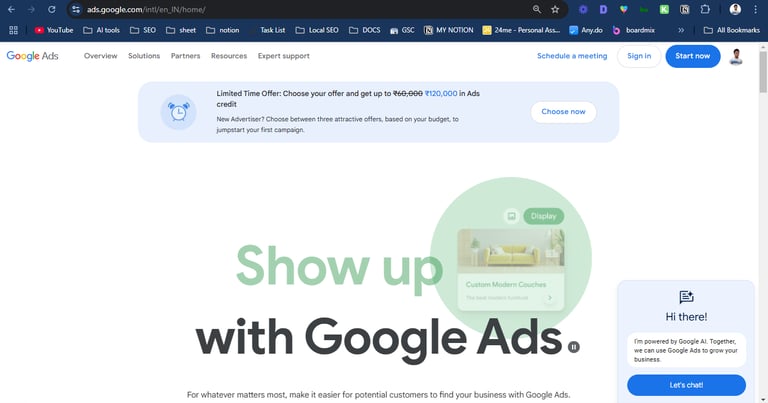

Create a free account if you don't have one
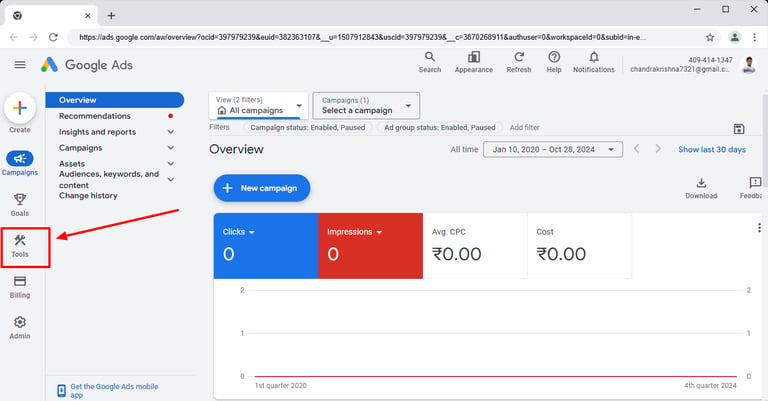

Click "Tools & Settings" in the left menu
Select "Keyword Planner" under "Planning"
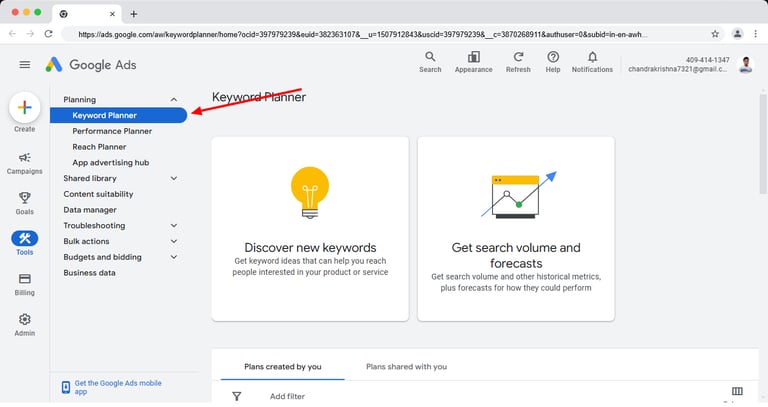

Pro Tip: You don't need to run ads to use this tool - it's completely free!
Step 2: Choose Your Starting Point
There are two main options:
"Discover new keywords"
"Get search volume and forecasts"
I usually start with "Discover new keywords" because it gives more ideas.
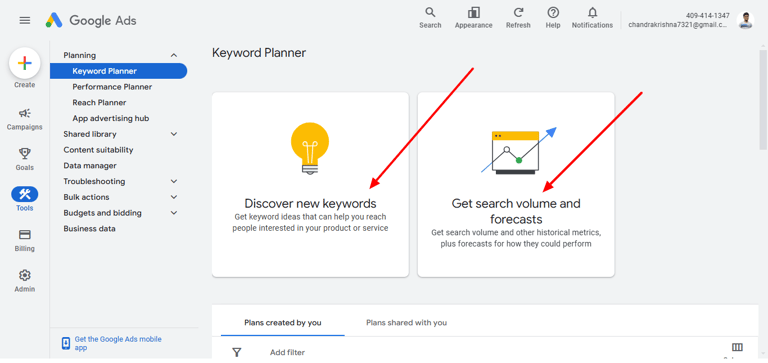

Finding Keywords: My Simple Process
1. Enter Your Seed Keyword
Type in a basic term related to your topic
Example: If you're selling shoes, start with "running shoes"
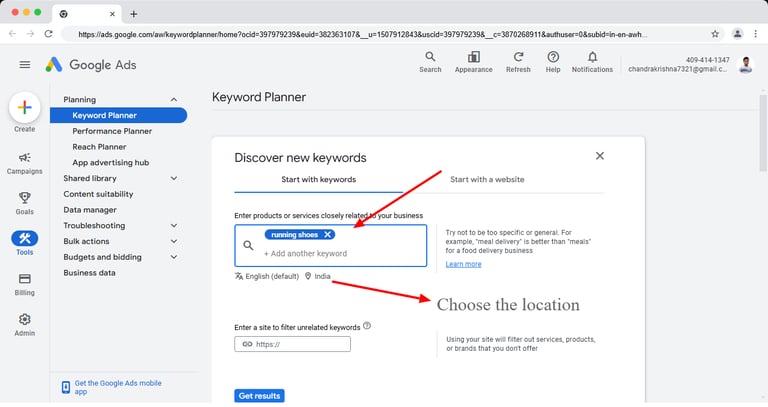

2. Check the Results
You'll see important details like:
Monthly searches
Competition level
Bid ranges (don't worry too much about these for SEO)
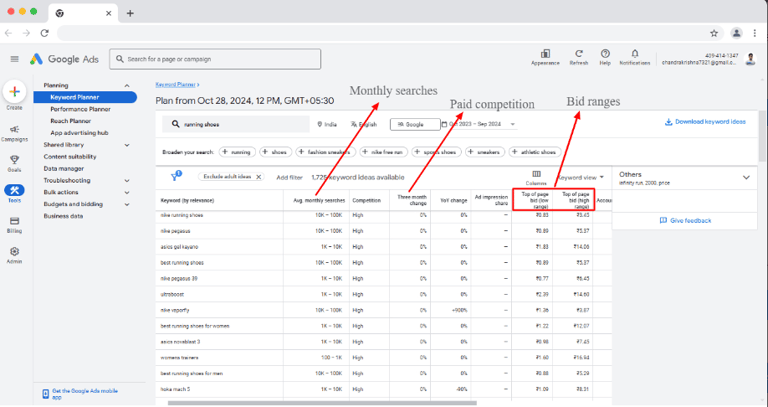

3. Filter Your Results
I always use these filters to find better keywords:
Location: Choose your target country
Average monthly searches: I look for 100-1K to start
Competition: Low to medium is best for beginners
Understanding the Data
Monthly Searches
High (1K+): Lots of people searching
Medium (100-1K): Good balance
Low (10-100): Easier to rank for
My Tip: As a beginner, I focus on keywords with 100-500 monthly searches. They're easier to rank for!
Competition Levels
High: Tough to rank for
Medium: Possible with good content
Low: Best for beginners
Practical Tips from My Experience
Group Similar Keywords
Save related keywords in a spreadsheet
Look for patterns in search terms
Create content clusters around main topics
Check Seasonal Trends
Some keywords are popular in specific months
Plan your content accordingly
Find Long-Tail Keywords
Add words like:
"how to"
"best"
"for beginners"
"near me"
Common Mistakes to Avoid
Don't target only high-competition keywords
Don't ignore seasonal trends
Don't overlook related keywords
Quick Action Steps
Enter your main topic
Filter results by location and language
Look for keywords with 100-500 monthly searches
Save promising keywords in a spreadsheet
Group similar keywords together
Conclusion
Google Keyword Planner is a powerful tool, even for beginners. Start small, focus on low-competition keywords, and keep practicing. Remember, everyone starts somewhere!
Have questions about using Google Keyword Planner? Feel free to connect with me on LinkedIn or leave a comment below!
Get in Touch
krishna@krishnachandra.in
© 2024 krishnachandra. All rights reserved.
+91 7799588020
Quick Links
Why Work With Me?
I specialize in SEO with over three years of experience. I enjoy learning and applying strategies that help websites rank better. Let’s work together to improve your site’s online visibility!